Tell me about your research project the fellowship will support.
MARGETS: In agriculture, the soybean cyst nematode (SCN) is the most devastating pathogen of soybean in North America, jeopardizing crop yields each season. There are very few methods that protect soybean from SCN infection and still many unanswered questions in the field as to how this nematode parasitizes its host. Development of durable prevention methods is enabled by a deep understanding of how the pathogen establishes infection. In the case of SCN, the nematode delivers a variety of different proteins into the plant through saliva secretions. Many of these proteins have specific roles that ultimately reprogram the plant’s molecular machinery to create a suitable environment for a successful infection. One of the most interesting to me is how the nematode can bypass/suppress the plant immune system.
My research is focused on understanding how several of the proteins secreted by the nematode during infection influence infection. To accomplish this, I have proposed experiments that will investigate how these nematode proteins influence the plant immune system as well as identify the plant proteins that are targeted by the nematode proteins during infection. Findings from my project will further illustrate the plant-nematode interface on a molecular level as well as provide a foundation for exploring new avenues for developing resistant soybean varieties. This addresses the long-term goal of increasing crop production with fewer chemicals, such as pesticides, that will ultimately reduce environmental costs of agriculture, including its carbon footprint.
MILLER: For thousands of years humans have used bees for pollination of crops and food production. Most major crops in the U.S. are pollinated by honey bees. It is estimated that a third of all food depends on honey bee pollination services. For nearly two decades honey bee populations have been in decline. The causal agents of bee colony losses are complex but include fungal disease. To prevent fungal disease, bees have adopted a variety of defensive strategies, including grooming behaviors and repurposing chemical compounds. I have discovered that honey bees also have co-opted a bacterium, Bombella apis, that protects from fungal disease via the production of an unidentified antifungal. This bacterium is largely found in association with honey bee young (brood) but is also found associated with the queen bee and with shared colony food stores. Within a single colony there can be many different genetic variants of B. apis, called strains, but we do not know how strain variation impacts B. apis-mediated protection from fungal pathogens.
The goal of my USDA-funded project is to 1) determine if different strains produce more antifungal and are subsequently more protective for their host and to 2) map those strains to a particular environment in the colony. Understanding this could not only lead to the discovery of a new antifungal therapy but will also help us understand the ecology and distribution of this important symbiont within the honey bee colony.
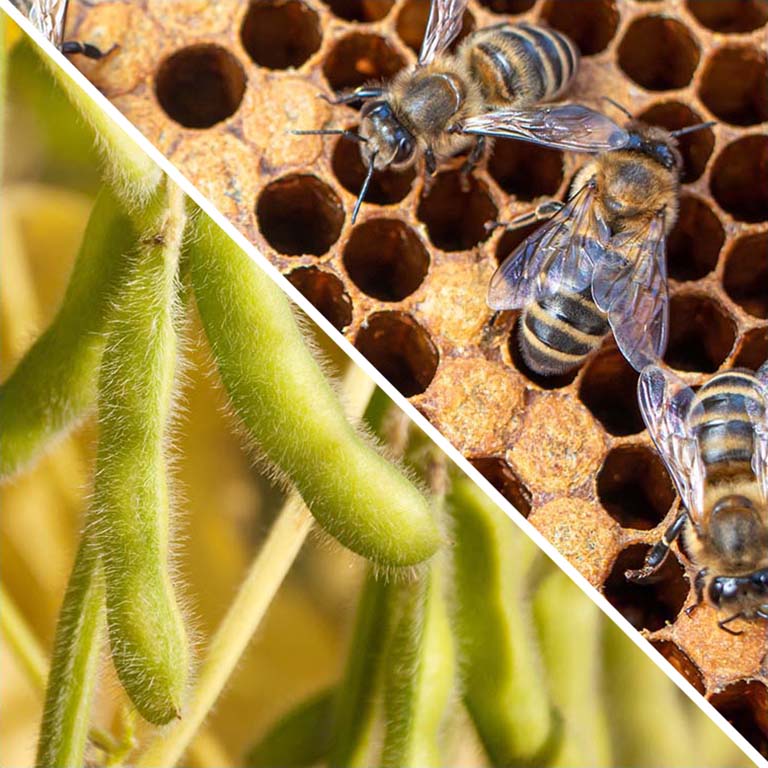
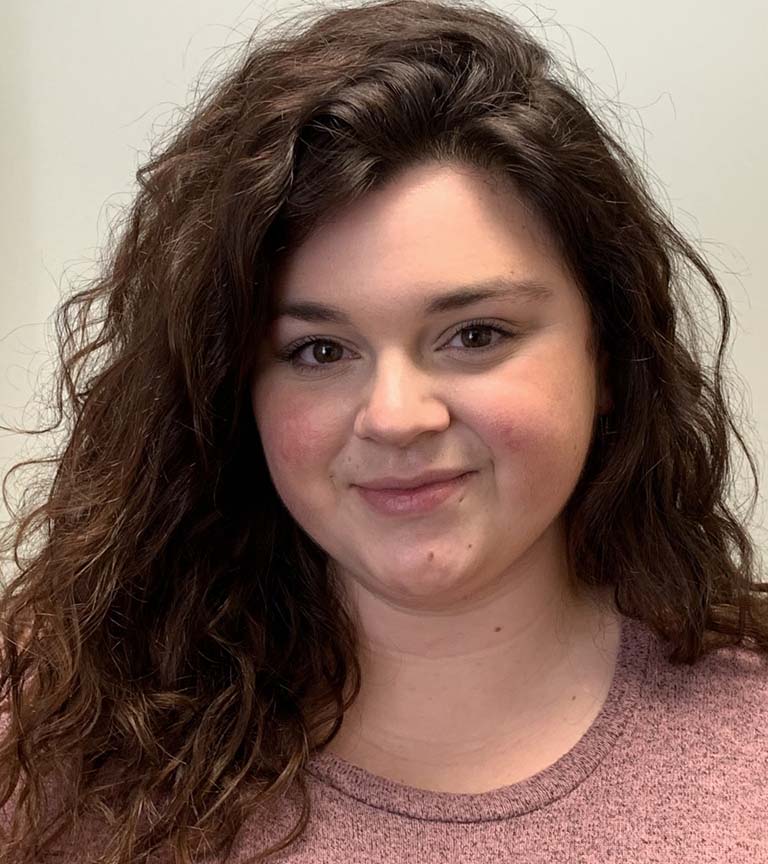
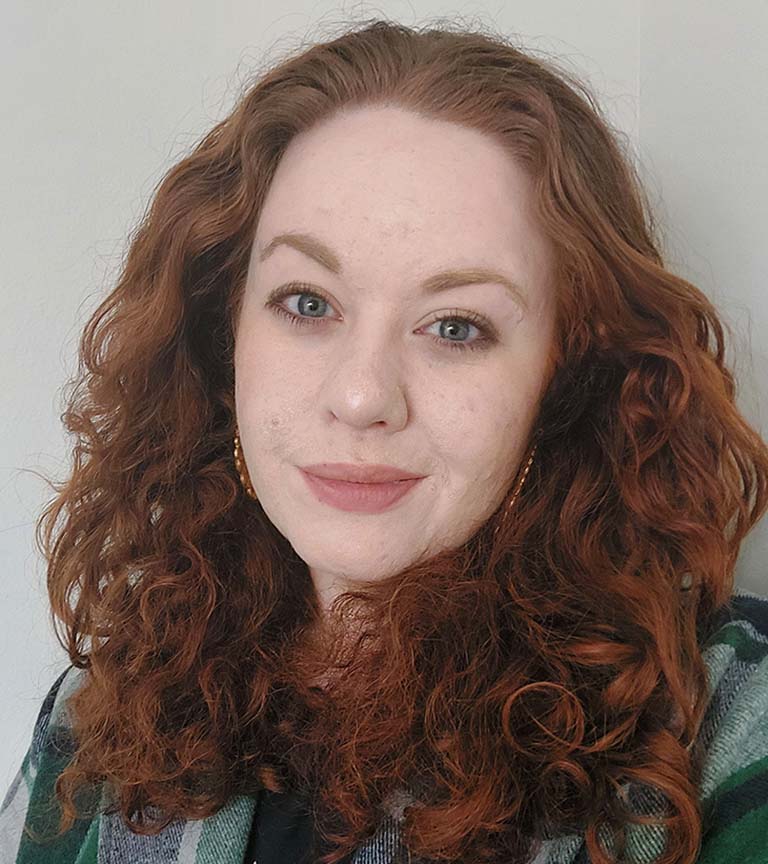
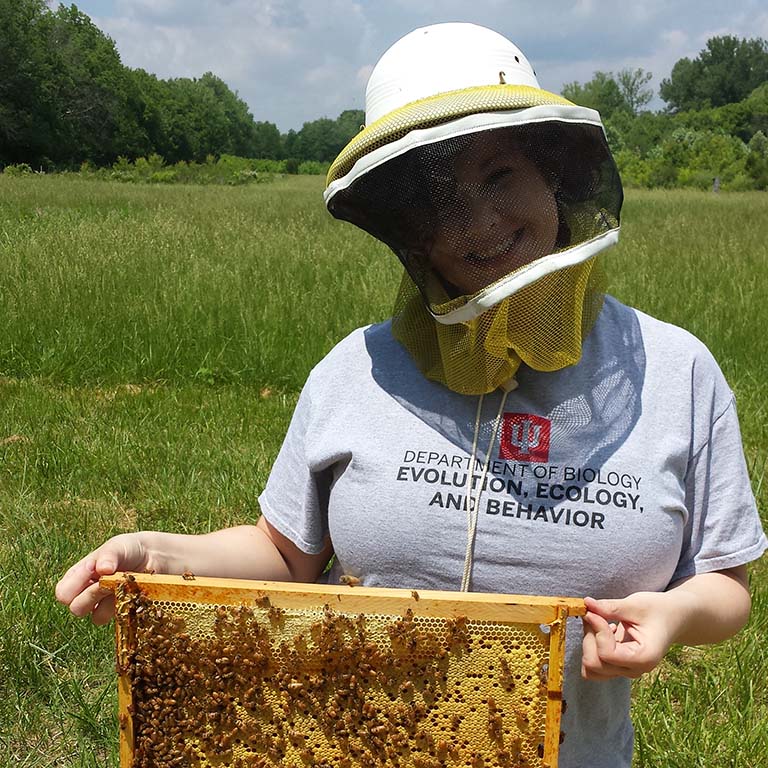
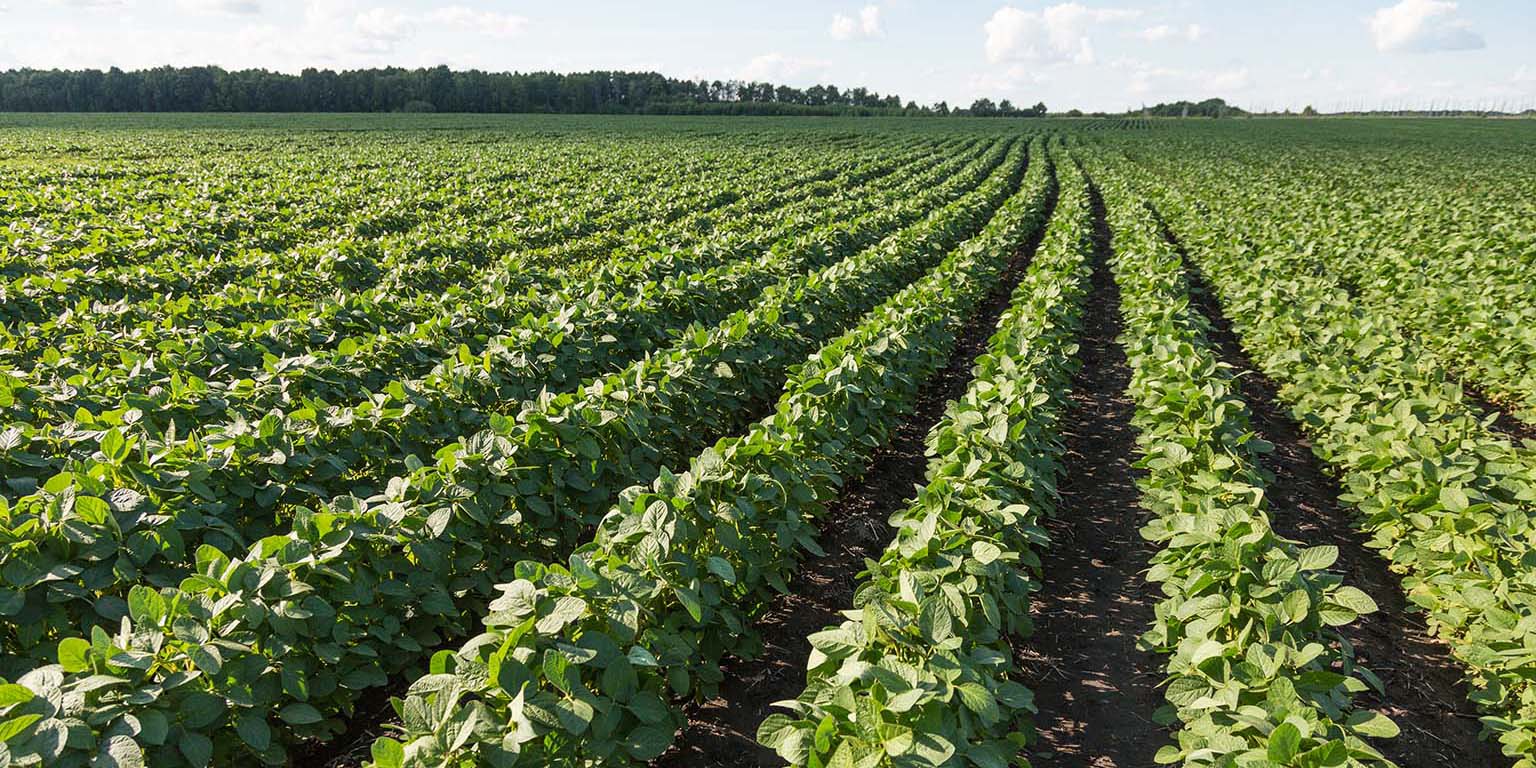
 The College of Arts
The College of Arts